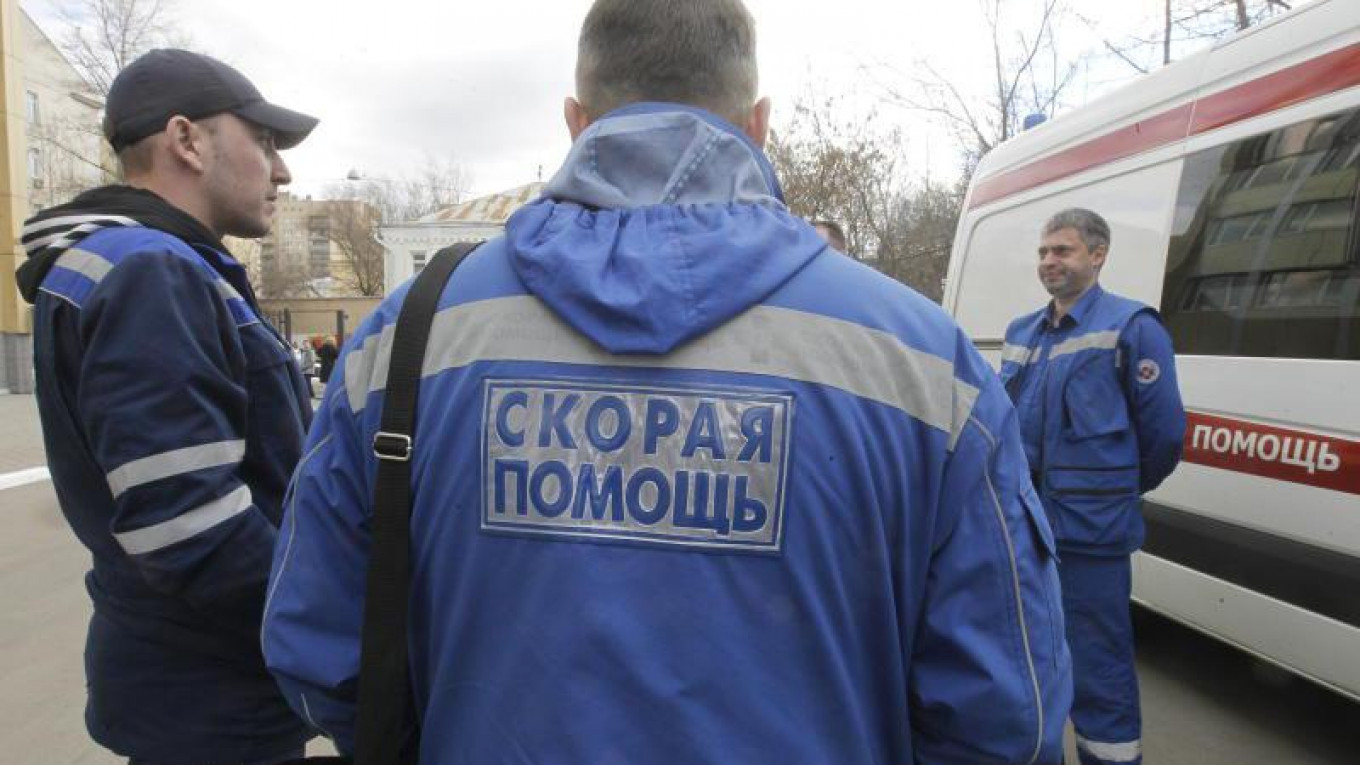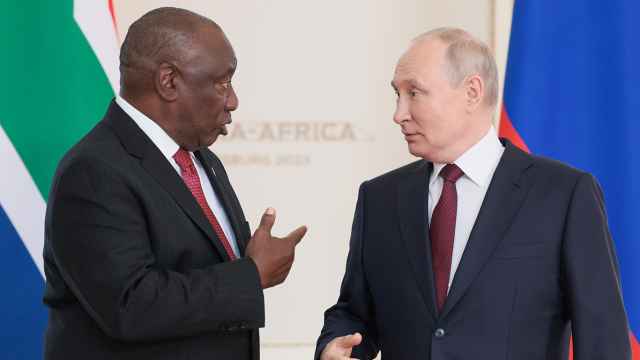Russian doctors are earning less per hour than the country's fast food workers, a new report into the Russian healthcare system has revealed.
Experts from the Center for Economic and Political Reforms (CEPR) found that doctors earned 140 ($2.46) rubles per hour, compared to the hourly wage of 146 rubles ($2.57) for a supervisor at global fast food chain McDonald's.
Paramedics were found to earn an average of 82 ($1.44) rubles an hour, while mid-level health staff received just 72 rubles ($1.27), the RBC news site reported.
The report also found that the number of Russian hospitals will soon fall to levels not seen since 1913.
The number of hospitals in Russia almost halved between the years 2000 and 2015, plummeting from 10,700 across the country to just 5,400.
Under current healthcare reforms, that number will fall to roughly 3,000 by 2021-2022, the same number as seen in the dying days of the Russian Empire.
The report warned that rural areas would be hit hardest, with the number of hospital beds available away from the country's major cities falling as much as 40 percent in fifteen years.
Given Russia's large and sparsely populated territory, you can't fix spending to the number of patients [in a region],” the report said. “This leads to under-funding and "the inevitable degradation of medicine in small towns and villages."
David Meelik-Huseynov, director of the Health Institute at Moscow's Department of Healthcare, defended the reforms as a necessary measure to boost efficiency.
He argued that the while the number of hospitals and beds was decreasing, patient care was continuing to improve.
“Although there are fewer places, they are used more efficiently,” Meelik-Huseynov told the RBC news outlet. “Each hospital bed should be in use 85 to 90 percent of the time. If not, it should be disposed of.”
A Message from The Moscow Times:
Dear readers,
We are facing unprecedented challenges. Russia's Prosecutor General's Office has designated The Moscow Times as an "undesirable" organization, criminalizing our work and putting our staff at risk of prosecution. This follows our earlier unjust labeling as a "foreign agent."
These actions are direct attempts to silence independent journalism in Russia. The authorities claim our work "discredits the decisions of the Russian leadership." We see things differently: we strive to provide accurate, unbiased reporting on Russia.
We, the journalists of The Moscow Times, refuse to be silenced. But to continue our work, we need your help.
Your support, no matter how small, makes a world of difference. If you can, please support us monthly starting from just $2. It's quick to set up, and every contribution makes a significant impact.
By supporting The Moscow Times, you're defending open, independent journalism in the face of repression. Thank you for standing with us.
Remind me later.






